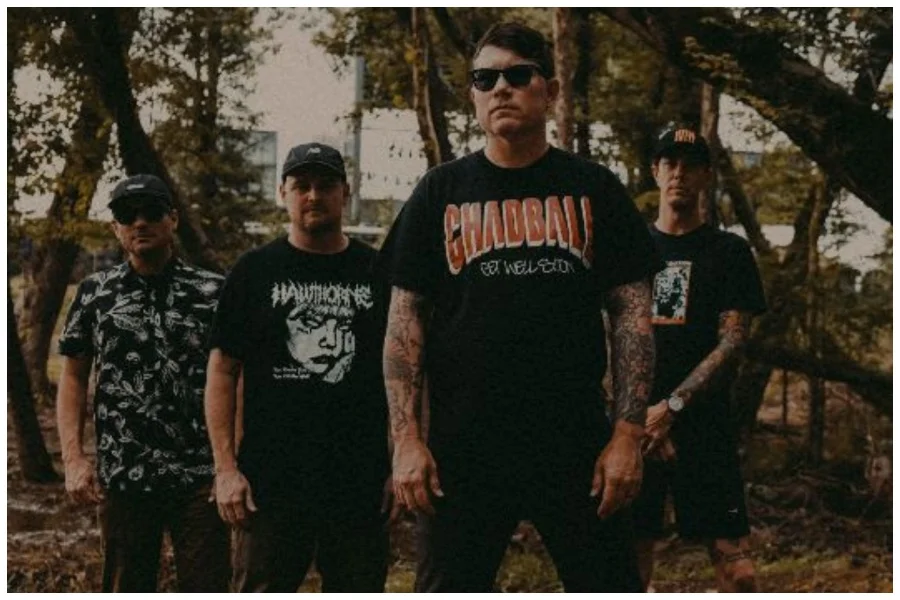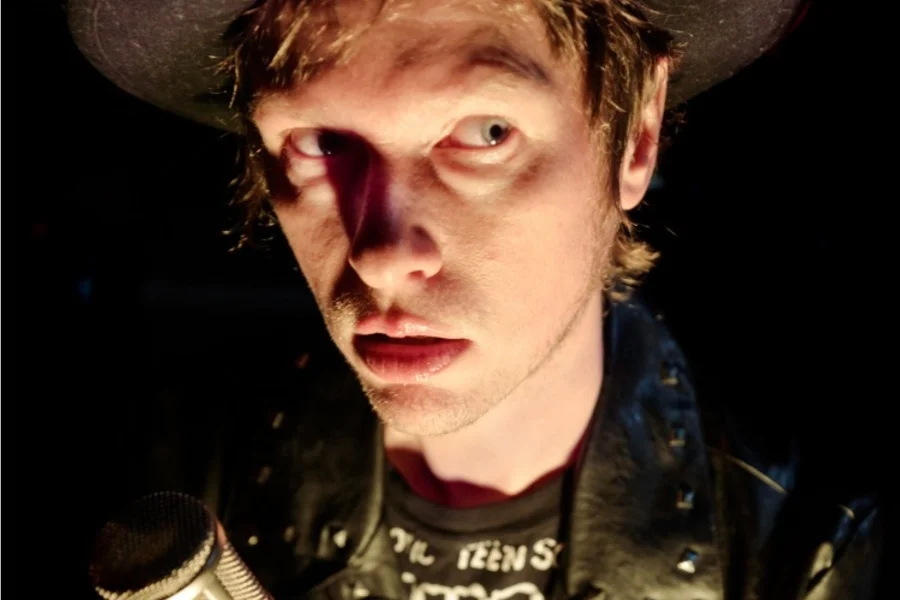On its first day back from summer recess, the U.S. Supreme Court came out swinging Monday for the entertainment and media business, declining to review two libel cases and a suit brought by a Maryland quiltmaker alleging that producer Steven Spielberg bilked her for designs used in the 1995 picture “How to Make an American Quilt.”
Furthermore, in a case tracked by the music business, the robes said rocker Nicholas Kassbaum had the right to mention that he used to be with the hit band Steppenwolf. Other members of the band alleged that Kassbaum – aka Nick St. Nicholas – had signed away his right to promote his two-year duty as bassist.
AOL Time Warner got some good news as well Monday, with the high court setting aside a $257 million judgment secured by investors in the company’s Six Flags Over Georgia amusement park. The investors alleged that AOL Time Warner affiliates mismanaged the park.
In the case involving Spielberg’s Amblin Entertainment, a lower court agreed with quilter Barbara Brown that Amblin had indeed used her designs improperly. Because the feature was a financial failure, however, the lower court said Amblin only owed Brown $2.35.
The Supreme Court ended the matter by refusing to hear Brown’s appeal of the minuscule judgment.
Similarly, the robes refused to hear C. DeLores Tucker’s libel case against Time and Newsweek. Both magazines reported that Tucker’s sex life with her husband was damaged after late rapper Tupac Shakur mentioned her by name on the 1996 album “All Eyez on Me.”
Tucker, a longtime anti-rap activist, is the former head of the National Political Congress of Black Women and a former secretary of state for Pennsylvania. She had sued Shakur’s estate for “loss of consortium,” which in legal speak often means problems in the bedroom. Tucker, however, insisted sex had nothing to do with her claim and brought libel actions.
A federal court of appeals ruled that since Tucker was a public figure, she had to prove that the magazines acted with malice. Ultimately, the court said there was no such evidence.
In the second libel case, the high court refused to hear the Church of Scientology’s action against Time over a 1991 cover story alleging that the church is greedy and cultish. The church appealed a lower court ruling that there was no malice involved, hence Time was in the clear.





























